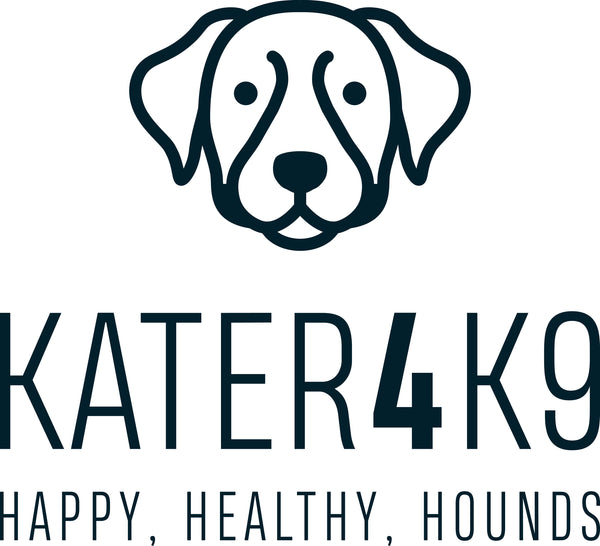As a responsible pet owner, you want to provide the best care possible for your furry friend, and part of that care includes maintaining their digestive health. Probiotics have gained popularity for their potential to improve gut health, boost the immune system, and enhance overall well-being. Among the myriad of probiotics available, Bacillus subtilis and Bacillus velezensis stand out for their unique benefits. This blog will explore why these probiotics are advantageous over other canine probiotics, and highlight the specific strains approved for canine use.
What Are Probiotics?
Probiotics are live microorganisms that, when administered in adequate amounts, confer a health benefit on the host. They play a crucial role in maintaining a balanced gut microbiome, which is essential for digestion, nutrient absorption, and immune function.
The Advantages of Bacillus subtilis and Bacillus velezensis
1. Stability and Shelf Life
One of the primary advantages of Bacillus subtilis and Bacillus velezensis is their ability to form endospores. Endospores are highly resistant structures that allow these bacteria to survive extreme environmental conditions, including high temperatures, acidity, and desiccation. This spore-forming capability ensures that these probiotics remain viable throughout the manufacturing process, storage, and passage through the acidic environment of the stomach, ultimately reaching the intestines where they can exert their beneficial effects.
2. Gut Health and Immune Support
Bacillus subtilis and Bacillus velezensis have been shown to support a healthy gut microbiome by outcompeting pathogenic bacteria, promoting the growth of beneficial bacteria, and enhancing the integrity of the gut lining. These probiotics produce antimicrobial compounds that inhibit the growth of harmful microorganisms, reducing the risk of infections and gastrointestinal disorders. Additionally, they stimulate the immune system, helping dogs to better fight off diseases.
3. Digestive Enzyme Production
Both Bacillus subtilis and Bacillus velezensis produce digestive enzymes such as amylase, protease, and lipase, which aid in the breakdown of carbohydrates, proteins, and fats, respectively. This enzymatic activity improves nutrient absorption and digestion, leading to better overall health and vitality in dogs.
4. Anti-Inflammatory Properties
Research has demonstrated that Bacillus subtilis and Bacillus velezensis possess anti-inflammatory properties, which can help reduce inflammation in the gut and throughout the body. This is particularly beneficial for dogs with conditions such as inflammatory bowel disease (IBD) and other chronic inflammatory disorders.
Approved Probiotic Strains for Canine Use
It’s important to note that not all probiotics are created equal, and only certain strains have been approved for use in dogs. The following strains have demonstrated safety and efficacy in canine health:
• Bacillus subtilis: Known for its robust spore-forming ability and multiple health benefits.
• Bacillus velezensis: Similar to Bacillus subtilis, it offers strong gut health support and immune-boosting properties.
• Lactobacillus acidophilus: Commonly used for its ability to support a healthy balance of gut bacteria.
• Bifidobacterium animalis: Effective in enhancing digestive health and preventing gastrointestinal disturbances.
• Enterococcus faecium: Beneficial for maintaining a balanced gut microbiota and preventing diarrhoea.
Unfortunately, the last 3 lack the robustness needed to survive the environmental conditions, stomach acid and transportation routes to make it to the gut in numbers effective enough to colonise.
However, all is not lost. The Bacillus strains are very effective at boosting the gut microbiome, so even if the gut lacks diversity and insufficient numbers of bacteria are reaching the gut, Bacillus will help multiply what does get through.
Conclusion
Incorporating the probiotics Bacillus subtilis and Bacillus velezensis found in PreproFlex, into your dog’s diet can offer numerous benefits, from improved digestive health to enhanced immune function and reduced inflammation. These probiotics stand out due to their stability, enzyme production, and ability to thrive in the gut environment. When choosing a probiotic supplement for your canine companion, ensure it contains strains that are specifically approved for use in dogs to guarantee safety and efficacy.
By prioritizing your dog’s gut health with the right probiotics, you are taking a significant step towards ensuring their overall well-being and longevity. Always consult with your veterinarian before starting any new supplement regimen to determine the best approach for your pet’s individual needs.

